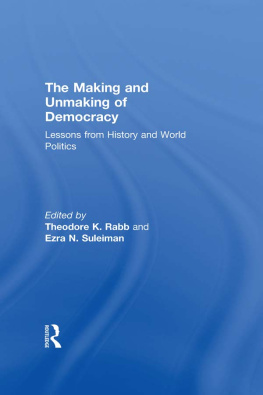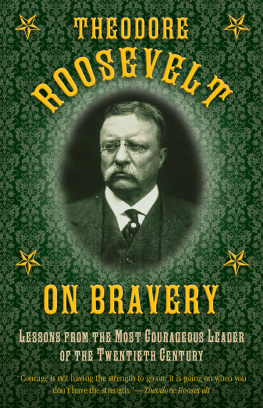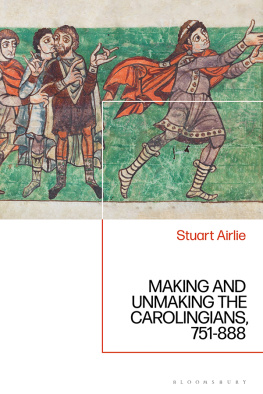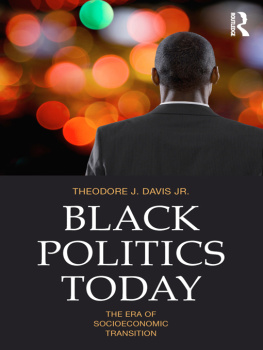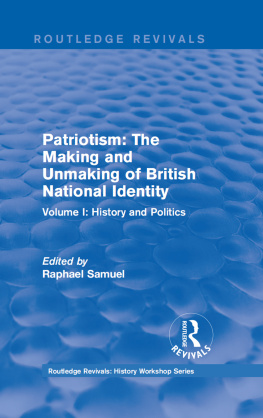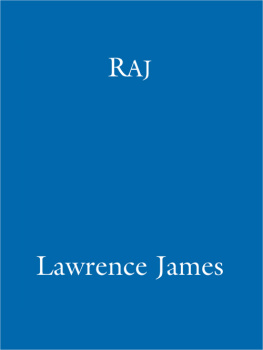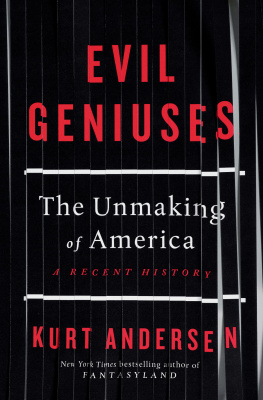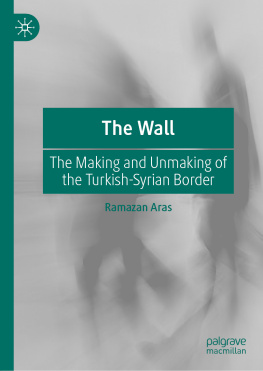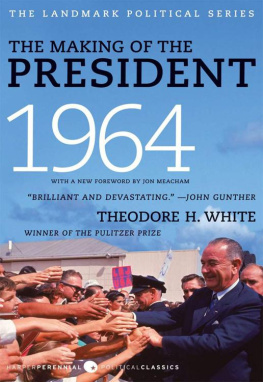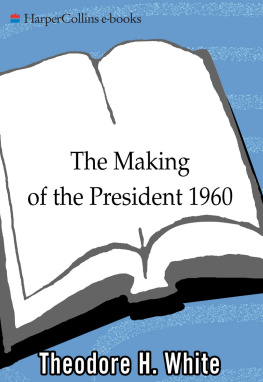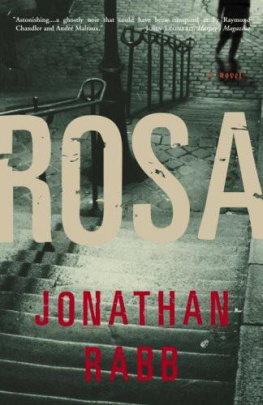Published in 2003 by
Routledge
711 Third Avenue
New York, NY 10017
Published in Great Britain by
Routledge
2 Park Square, Milton Park
Abingdon, Oxon, OX14 4RN
Routledge is an imprint of the Taylor & Francis Group, an informa business
Copyright 2003 by Routledge
All rights reserved. No part of this book may be reprinted or reproduced or utilized in any form or by any electronic, mechanical, or other means, now known or hereafter invented, including photocopying and recording, or in any information storage or retrieval system, without permission in writing from the publishers.
Library of Congress Cataloging-in-Publication Data
The making and unmaking of democracy : lessons from history and world politics / edited by Theodore Rabb and Ezra Suleiman.
p. cm.
Revised contributions of a conferencefrom the introd.
Includes bibliographical references and index.
ISBN 0-415-93380-3 ISBN 0-415-93381-1 (pbk.)
1. DemocracyCross-cultural studies. 2. DemocracyHistory. I. Rabb, Theodore K. II. Suleiman, Ezra, 1941
JC423 .M27 2002
321.8dc21
2002069655
Contributors
Jeremy Adelman is Walter S. Carpenter III Professor of Spanish Culture and Civilization at Princeton University. He has written and edited several books on Latin American and Atlantic world history.
Asher Arian is Senior Fellow at the Israel Democracy Institute in Jerusalem, professor of political science at the University of Haifa, and Distinguished Professor in the Ph.D. Program in Political Science at the Graduate School of the City University of New York. He has authored numerous books on Israeli politics and has edited the Elections in Israel series since 1969.
Kent E. Calder is director of the Program on U.S.-Japan Relations at Princeton University. He is the author of four books and served recently as special advisor to two U.S. ambassadors to Japan.
Jeffrey Herbst is professor of politics and international affairs at Princeton University and chair of the Politics Department. He has written extensively on African politics and has also taught in Ghana, Zimbabwe, and South Africa.
Jennifer L. Hochschild is professor of government at Harvard University, with a joint appointment in the Department of Afro-American Studies. She is editor of Perspectives on Politics, a member of the Board of Trustees of Russell Sage Foundation, and author, coauthor, or editor of six current or forthcoming books.
Stephen Holmes is professor of law at New York University School of Law and editor in chief of the East European Constitutional Review.
George Kateb is William Nelson Cromwell Professor of Politics at Princeton University, where he teaches political theory. Among his books is The Inner Ocean: Individualism and Democratic Culture.
Bernard Lewis was appointed to the Cleveland E. Dodge Chair of Near Eastern Studies at Princeton University in September 1974, and was named a long-term member of the Institute for Advanced Studies in 1974, retiring in 1986. He holds eleven honorary doctorates. His publications have been translated into more than twenty languages, and include the recent bestseller What Went Wrong? Western Impact and Middle Eastern Response.
Edward Malefakis is professor of history at Columbia University. He has written on various aspects of modern Spanish history as well as on the comparative history of Southern Europe (Portugal, Spain, Italy, and Greece) since 1800.
Irving Leonard Markovitz, professor of political science at Queens College and the Graduate School of the City University of New York, has acted as a consultant to the Constitutional Commissions of Ethiopia, and of Eritrea, and is co-editor in chief of Comparative Politics. His current work is on civil society and on the development of capitalism in Africa. Recent publications include Civil Society, Pluralism, Goldilocks, and Other Fairy Tales in Africa, in Contested Terrains and Constructed Categories: Contemporary Africa in Focus, edited by George Bond and Nigel Gibson.
Josiah Ober is the David Magie Professor of Ancient History at Princeton University, where he also holds a joint appointment in the Department of Classics and the University Center for Human Values. He is the author of several books, including Mass and Elite in Democratic Athens (1989), The Athenian Revolution (1996), and Political Dissent in Democratic Athens (1998).
Theodore K. Rabb is professor of history at Princeton University. He has been the editor of The Journal of Interdisciplinary History since 1970. Among his publications are: Enterprise and Empire (1967), The Struggle for Stability in Early Modern Europe (1975), Renaissance Lives (1993), and Jacobean Gentleman (1998).
Anne Sa'adah is the Joel Parker Professor of Law and Political Science at Dartmouth College. She is the author of Germany's Second Chance: Trust, Justice, and Democratization (1998) and The Shaping of Liberal Politics in Revolutionary France: A Comparative Perspective (1990).
Ezra N. Suleiman is IBM Professor in International Studies and Professor of Politics at Princeton University, where he also directs the Committee for European Studies. He serves on the editorial committee of Comparative Politics, and is the author of numerous works on European politics.
Robert L. Tignor is Rosengarten Professor of Modern and Contemporary History and is presently serving as the Chair of the history department at Princeton University. He has written books about African nationalism and decolonization.
Maurizio Viroli is professor of politics at Princeton University. He is the author, most recently, of Niccolo's Smile and Republicanism.
Sean Wilentz is Dayton-Stockton Professor of History at Princeton University and director of Princeton's Program in American Studies. He has written books on the history of politics, ideas, and society in the United States, with special interests in the period from the American Revolution to the Civil War. A contributing editor at The New Republic, he is currently writing a book on the rise of American democracy from 1787 to 1860.
Deborah J. Yashar is assistant professor of politics and international affairs at Princeton University. She is the author of Demanding Democracy: Reform and Reaction in Costa Rica and Guatemala, 1870s1950s, and the forthcoming book, Contesting Citizenship: Indigenous Movements, the State, and the Postliberal Challenge in Latin America, as well as several articles and chapters on political regimes, social movements, and ethnic politics.

